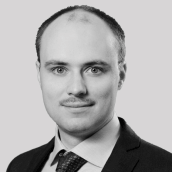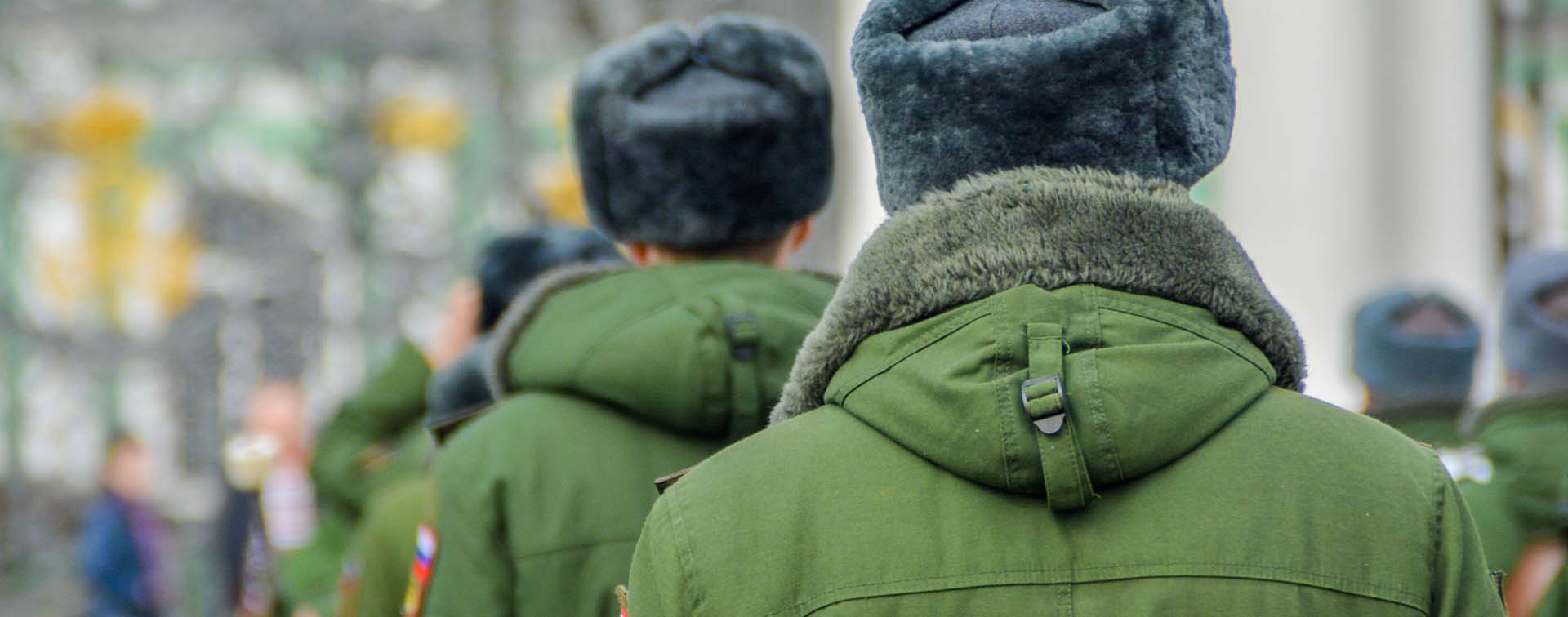
Ryhor Nizhnikau is a Senior Research Fellow at the EU’s Eastern Neighbourhood and Russia program at the Finnish Institute of International Affairs.
Mounting tension between Russia and the West is likely to prevail in 2022. And pressure is steadily rising within the region as daily death tolls reach new highs amid setbacks in vaccination efforts. The pandemic continues to wreak havoc, while bureaucracy and anti-vaccination sentiments jeopardize recovery efforts. Collaboration between Russian authorities and the WHO is essential for the benefit of both Western and Eastern workers.
2022 commenced with Russia–West relations at a new low. International concern is mounting owing to a series of events late in 2021 that saw, in rapid succession, a migrant crisis on the Belarus–EU border, Russia–NATO relations suspended, and Russia ramping up its military presence on the Ukraine border. It is clear that any military action by Russia against Ukraine will have major geopolitical and economic consequences. A series of crisis talks between the USA and Russia commenced on 10 January in Geneva, but it remains to be seen whether further conflict in Ukraine can be avoided.

In the meantime, geopolitical rivalry directly affects consular and diplomatic services. In December 2021, Russia’s Foreign Ministry ordered US embassy personnel who had been staying in Russia for more than three years to leave by the end of January. According to officials, further expulsions are to follow unless Washington withdraws its own plans to force out Russian diplomats. The US embassy in Moscow is currently critically understaffed and can perform only limited functions.
In an effort to ease the effects of the pandemic, the WHO is likely to recognize the Sputnik V vaccine during 2022. This recognition will improve mobility in the region and enable collaboration between Russian researchers and the COVAX facility. The WHO’s Emergency Use Listing procedure follows a set of stringent criteria which has contributed to the delay in Sputnik’s recognition. This administrative procedure includes the on-site inspection of production facilities, though Russian authorities have previously prohibited such visits. The upcoming WHO inspection in early 2022 signals both sides’ readiness to finalize the evaluation process.
Sputnik V has been widely rolled out across Russia and a number of post-Soviet countries including Belarus, Kazakhstan, and Moldova. Lacking WHO’s recognition, those inoculated by the Sputnik vaccine are not automatically permitted to travel into Western countries. In turn, Russia has chosen not to recognize those vaccinated with foreign jabs such as Pfizer or Moderna, even refusing to acknowledge foreign-produced Sputnik V. This places the administrative burden on travelers to and from the country who must go through cumbersome procedures to approve their travel plans. The WHO endorsement of Sputnik will not only open a path for a mutual recognition of the vaccines between Russia and the EU, but also free up travel between the two.
As one of the epicenters of the global outbreak, Russia was badly hit by a fourth wave mid-way through 2021. In November 2021, Russia became the world leader in total coronavirus deaths per week for the first time since the start of the pandemic. The highest single-day death tolls were recorded in Belarus, Kazakhstan, and Ukraine late in the year.
The new Omicron variant brought another devastating wave of infections. Russian President Vladimir Putin urged the country to speed up its vaccination campaign against Covid-19. Nevertheless, governments are clearly still battling to contain the virus despite new administrative measures and information campaigns. The struggle exists for several reasons, such as growing skepticism, distrust in the government, and high anti-vaccination sentiment. Approximately 45% of Russians say they are not ready to get vaccinated, and the majority of Ukraine’s non-vaccinated population do not want to receive jabs. Mandatory vaccination is politically detrimental for authorities, which makes the region highly susceptible to regular outbreaks.
Ukraine is preparing to change its laws on citizenship to remove legal ambiguity. Current legislation is based on the principle of single citizenship, but this does not de-facto disqualify multiple citizenship. Following requests by the Ukrainian diaspora to clarify citizenship rules, President Volodymyr Zelensky submitted five draft laws to the Verkhovna Rada. The bills specify the new rules and procedures for acquiring and terminating Ukrainian citizenship, as well as measures that would counter threats to Ukrainian citizenship. The most significant change is in the possibility of multiple citizenship for Ukrainians living abroad, primarily in Canada, the EU, and the USA.
This is not the current administration’s first attempt to change citizenship legislation. In May 2020 the draft bill on dual citizenship was removed after heavy criticism from Ukrainian nationals both at home and abroad. To make the bill work, Ukrainian lawmakers must strike a balance between addressing national security concerns and the interests of Ukrainians in the temporarily occupied territories of Ukraine who are forced to hold Russian passports. This is particularly critical for Ukrainians living in Crimea, who require Russian passports to work and travel freely and access basic services or risk being treated as migrants and being fined or expelled from the peninsula. The resolution of the citizenship conundrum will set Ukraine on the path to further legislative improvements.